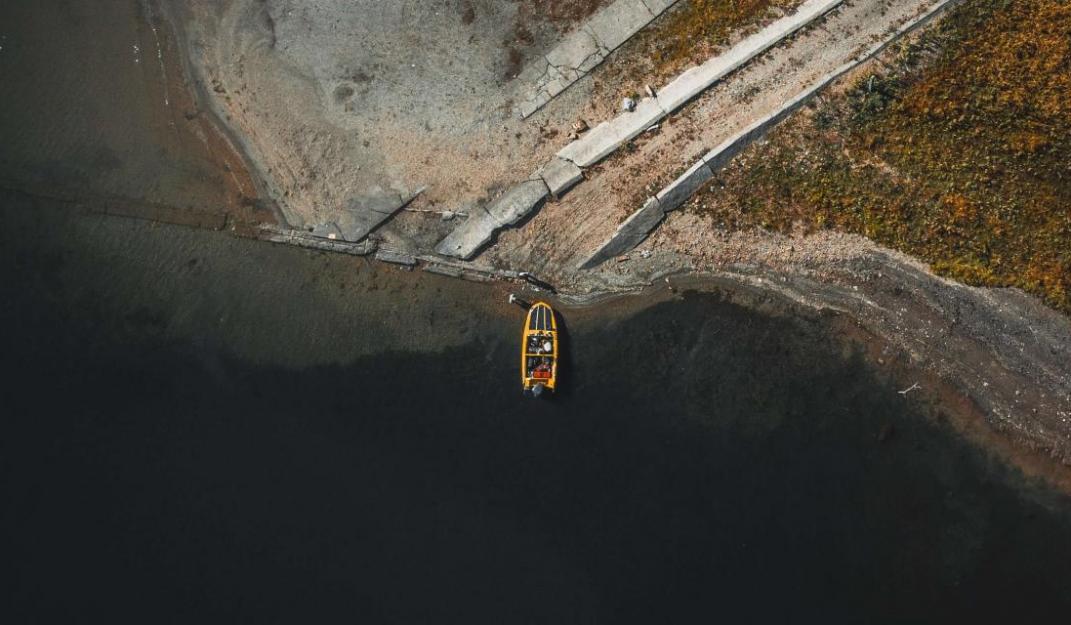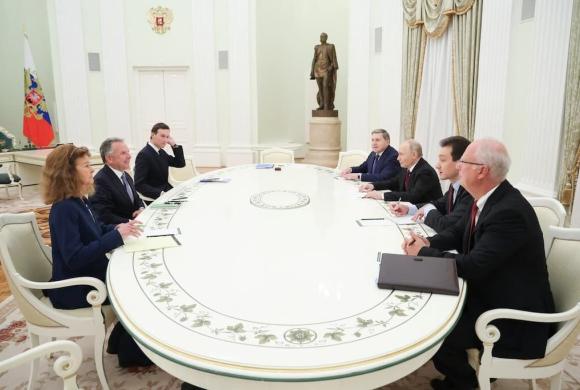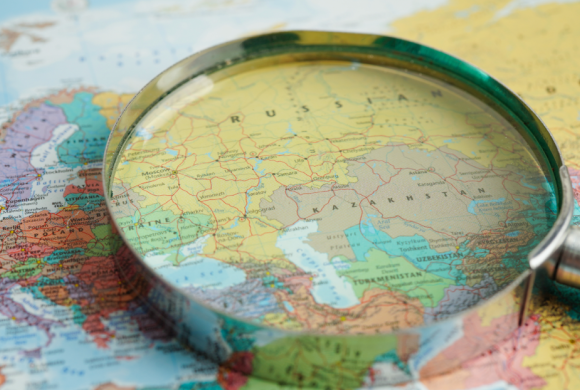
The relationship between the EU and Kazakhstan has historically been dominated by trade in oil and natural gas. However, the EU’s Green Deal and commitment to reach climate-neutrality by 2050 means that the bloc is slowly but surely reducing foreign non-renewable energy imports. Moreover, energy transitions and halting climate change have become global developments and commitments, enshrined in the Paris Agreement on Climate Change. Fossil-endowed Kazakhstan has pledged to be carbon neutral in 2060, but its transition policies must pick up speed. Meanwhile, the EU is embarking on a reinvigorated energy diplomacy agenda that should encourage and support other countries to transition towards renewable energy production, export and domestic consumption. This policy brief explores what tools the EU could use to support such transitions and what Kazakhstan could benefit from most. It considers the link with geopolitics and competitiveness and how to overcome obstacles for EU-Kazakhstani renewable energy cooperation.
This policy brief recommends that the EU should step up financial and technical support for hydrogen production, electricity grid upgrades, battery technologies and rare-earth element mining in Kazakhstan, as well as helping clarify the impacts of various EU Green Deal initiatives on the country such as the Carbon Border Adjustment Mechanism and Taxonomy Regulations.
Read the full policy brief here.

Clingendael Institute
Clingendael is an independent think tank and a diplomatic academy, based in The Hague - City of Peace and Justice. We aim to contribute to a secure, sustainable and just world through our analyses, training and public debate. We work with partners across public and private sectors, including policymakers, members of the armed forces, diplomats, politicians and business executives.



